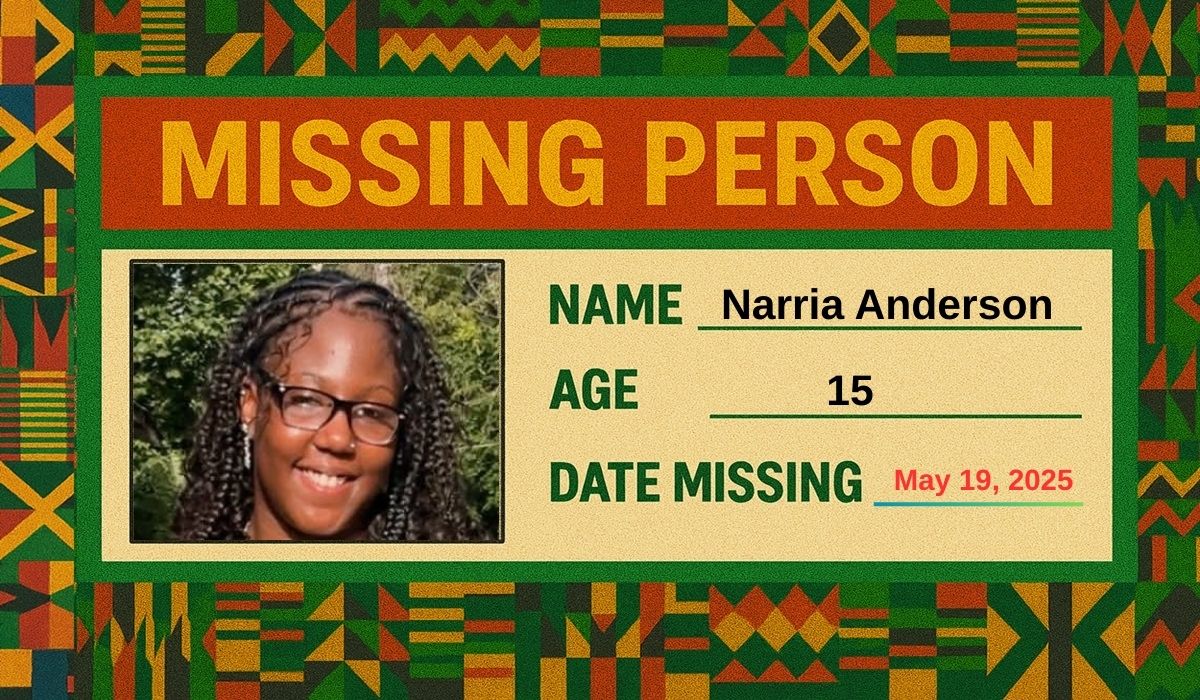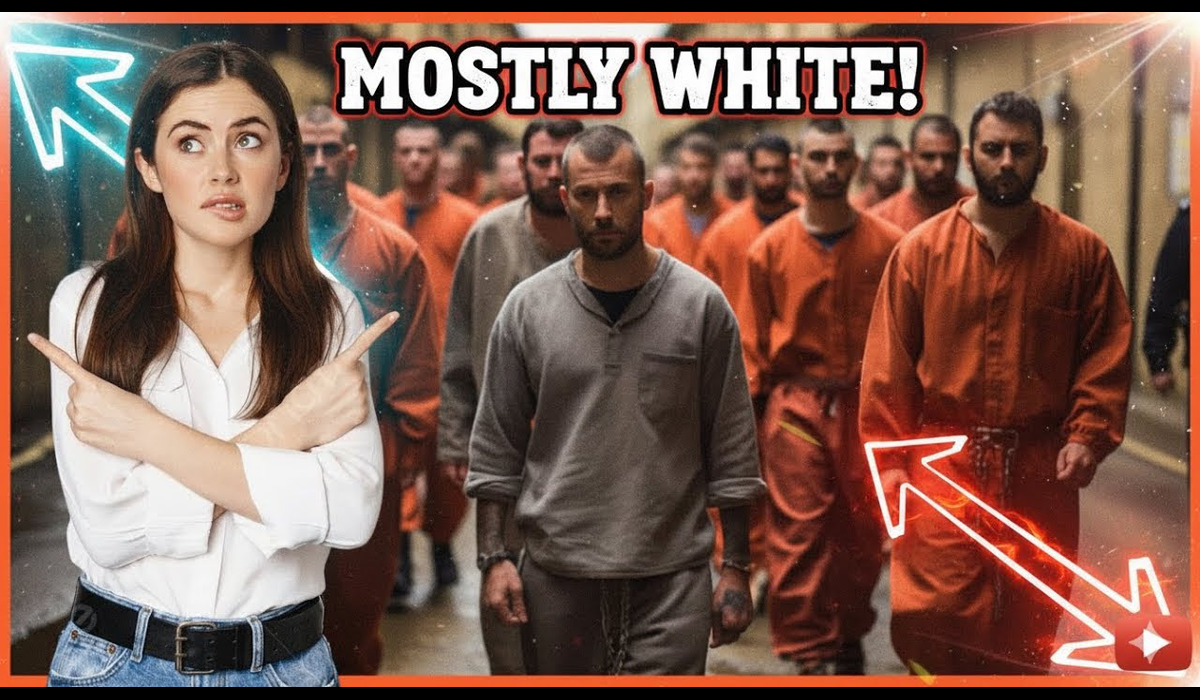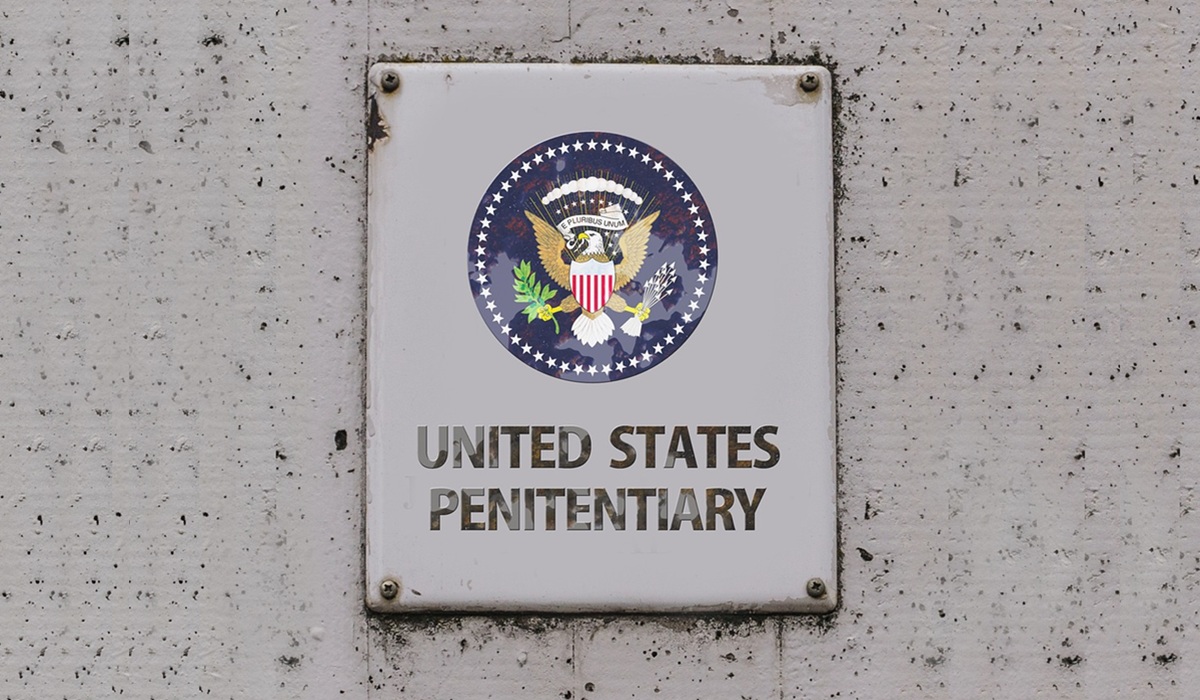On May 19th, 2025, a young girl named Narria Anderson disappeared in Memphis, Tennessee, and her absence continues to leave a painful, unanswered void. Narria is just 15 years old. She’s an African American teenager, 5’7”, weighing approximately 185 pounds, with black hair, brown eyes, and glasses. That Monday morning, she followed her usual routine—put on her school uniform and boarded the school bus. She was confirmed to have been on the bus home that afternoon. After that, she simply vanished.
Her family was expecting her, as always, and when she didn’t return, panic set in. Calls were made. The school confirmed she had boarded the bus. But she never walked through the door. A missing persons report was filed, and from that moment on, life as they knew it changed entirely.
What followed was silence. No confirmed sightings. No leads. No explanations. Her case remains open, but the ache of uncertainty has settled over her loved ones like a heavy fog. Her family is heartbroken. Friends are lost in confusion. Each day without answers feels like a lifetime stretched across hours. Every corner of their lives is now marked by the absence of a child who should have been safe.
This kind of disappearance raises deeply unsettling questions. How does a child go missing on the ride home from school? How does that happen in a public, routine environment? How is there no one who saw something? It’s not just the mystery—it’s the stillness that follows. The lack of information. The quiet. The sense that something so devastating is happening, and yet the world doesn’t seem to notice.
Families in situations like this are forced to live in a constant state of emotional limbo. There is no closure. No peace. They’re left clinging to hope, replaying conversations, questioning every moment, scanning the streets, hoping for some clue that might bring their loved one home. It’s a grief that doesn’t allow for mourning, only waiting.
According to the FBI’s National Crime Information Center (NCIC), over 546,000 people were reported missing in 2023. Approximately 30% of those cases involved Black individuals—this despite Black Americans making up about 14% of the U.S. population, as reported by the U.S. Census Bureau. These numbers are not just statistics; they are lives, families, and futures suspended in uncertainty. Every one of them deserves the same attention, urgency, and effort to bring them home.
Narria’s family has not stopped searching. They haven’t given up hope. And they shouldn’t have to fight for awareness alone. Narria is more than a case number or a face on a flyer—she is a daughter, a classmate, a friend. Her disappearance should not be met with silence. It should spark empathy, concern, and action.
If you have any information about what happened to Narria Anderson, please contact Sergeant Russell Stevens with the Memphis Police Department at (901) 636-4479, extension 4445. Even the smallest detail might matter.
And if you don’t have information, you still have a voice. Share her name. Talk about her. Remember that behind every missing person report is a family enduring the unimaginable. Until Narria is found, the story isn’t over—and staying silent only deepens the pain for those still waiting.









